Princeton Studies in Political Behavior19
Tali Mendelberg, Series Editor
Series editorial board: Larry Bartels, Martin Gilens, Leonie Huddy, Vincent Hutchings, Amaney Jamal, Joshua Kertzer, Cecelia Hyunjung Mo, Diana Mutz, Daniel Posner, Tariq Thachil
Princeton Studies in Political Behavior is a series of innovative books that explore the interplay of politics and human behavior. Written by leading experts and up-and-coming scholars, books in the series examine how people’s motivations, beliefs, perceptions, values, norms, and understandings shape and are shaped by political systems.
-

How the entertainment narrative of upward mobility distorts the harsh economic realities in America
-
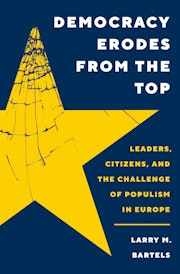
Why leaders, not citizens, are the driving force in Europe’s crisis of democracy
-
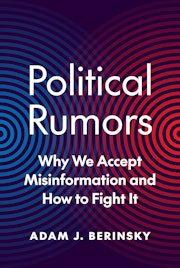
Why debunked political rumors persist and how to combat them
-
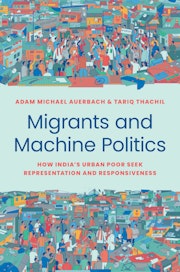
How poor migrants shape city politics during urbanization
-
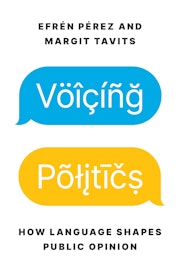
Why your political beliefs are influenced by the language you speak
-
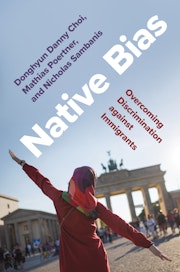
What drives anti-immigrant bias—and how it can be mitigated
-
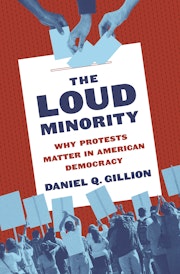
How political protests and activism influence voters and candidates
-
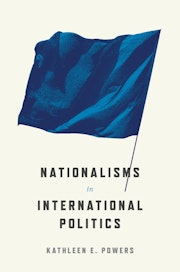
How the ideas that animate nationalism influence whether it causes—or calms—conflict
-
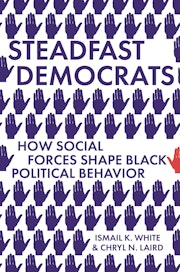
A groundbreaking look at how group expectations unify Black Americans in their support of the Democratic party
-
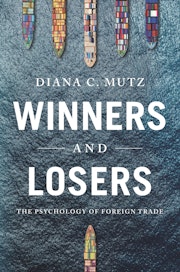
From acclaimed political scientist Diana Mutz, a revealing look at why people's attitudes on trade differ from their own self-interest
-
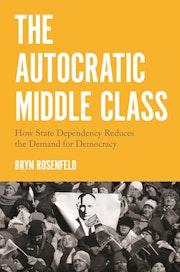
How middle-class economic dependence on the state impedes democratization and contributes to authoritarian resilience
-
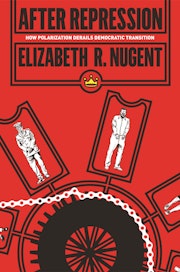
How differing forms of repression shape the outcomes of democratic transitions
-
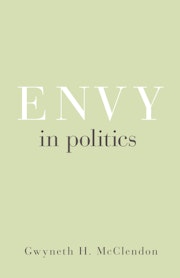
How envy, spite, and the pursuit of admiration influence politics
-
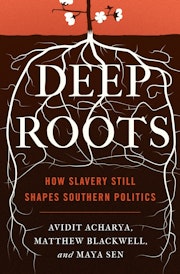
The lasting effects of slavery on contemporary political attitudes in the American South
-
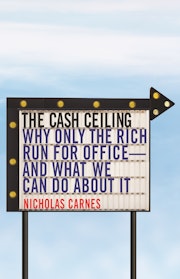
Why working-class Americans almost never become politicians, what that means for democracy, and what reformers can do about it
-
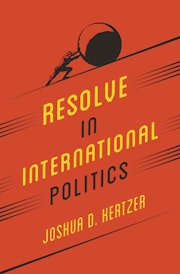
Why do some leaders and segments of the public display remarkable persistence in confrontations in international politics, while others cut and run? The answer given by policymakers, pundits, and political scientists usually relates to...
-
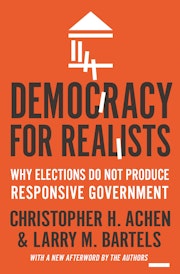
Why our belief in government by the people is unrealistic—and what we can do about it
-
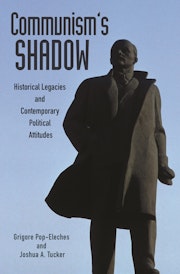
It has long been assumed that the historical legacy of Soviet Communism would have an important effect on post-communist states. However, prior research has focused primarily on the institutional legacy of communism. Communism's Shadow...
-
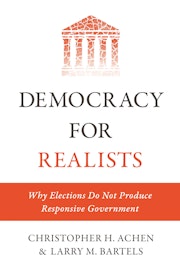
Why our belief in government by the people is unrealistic—and what we can do about it